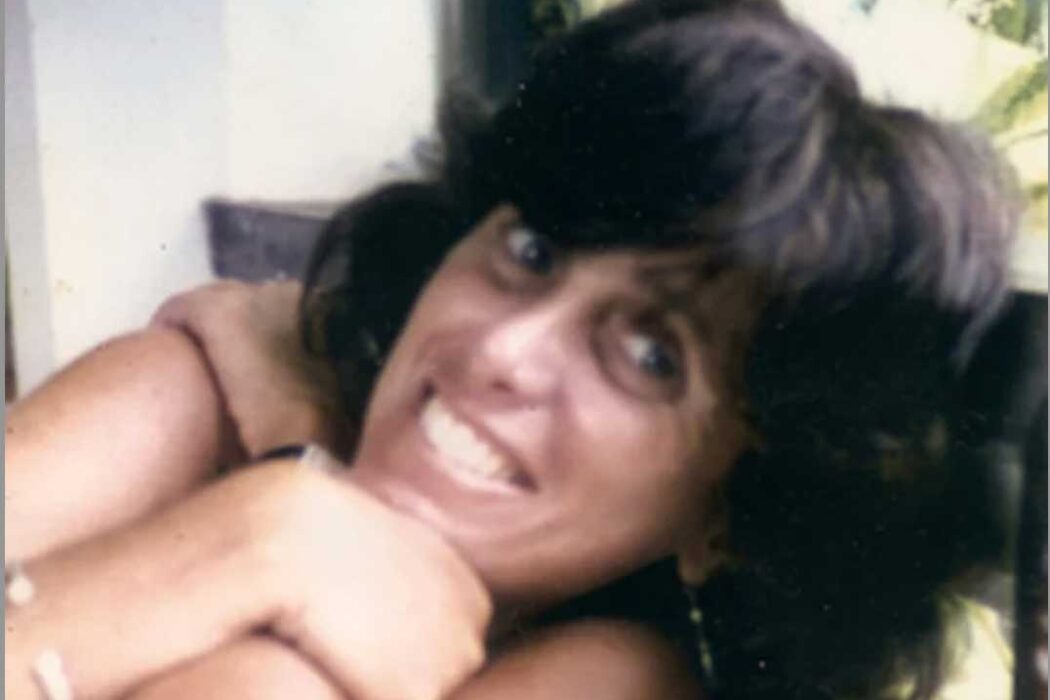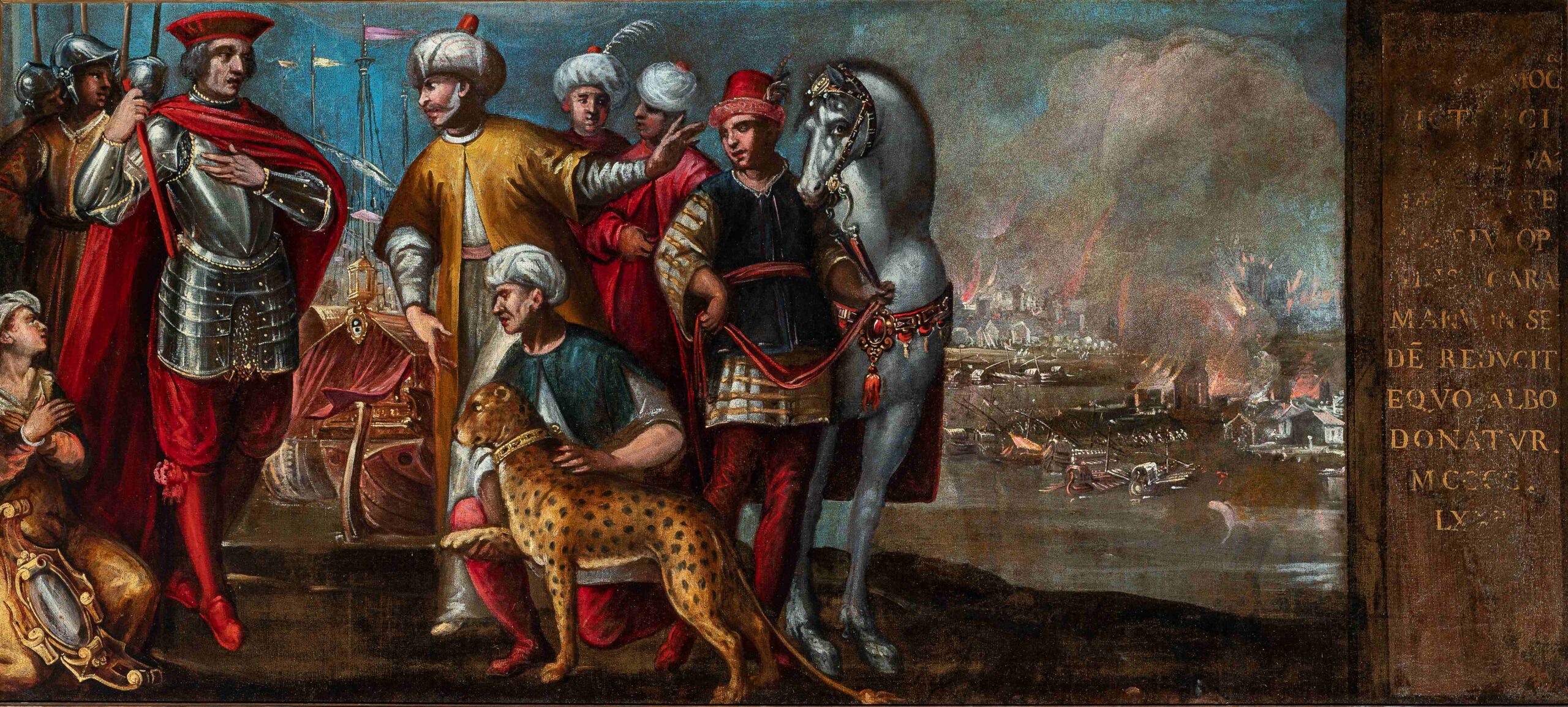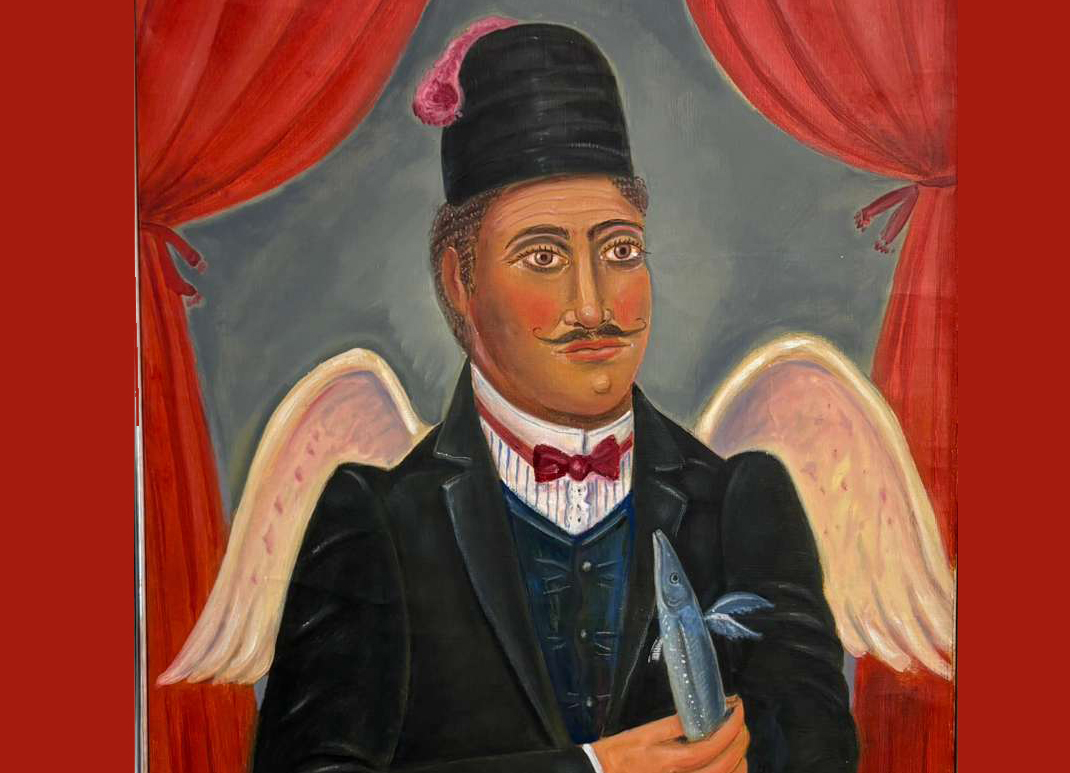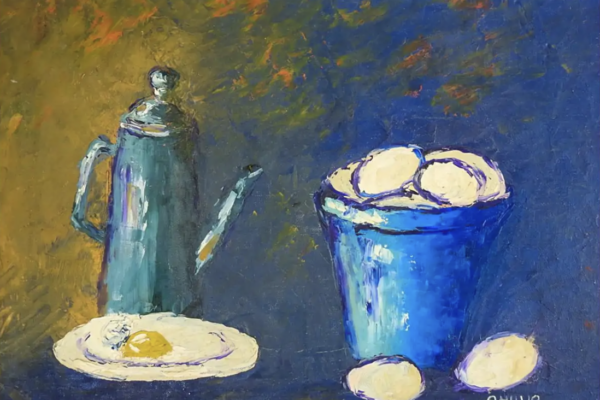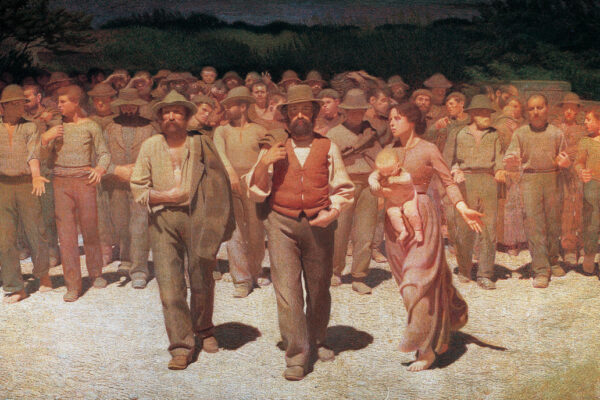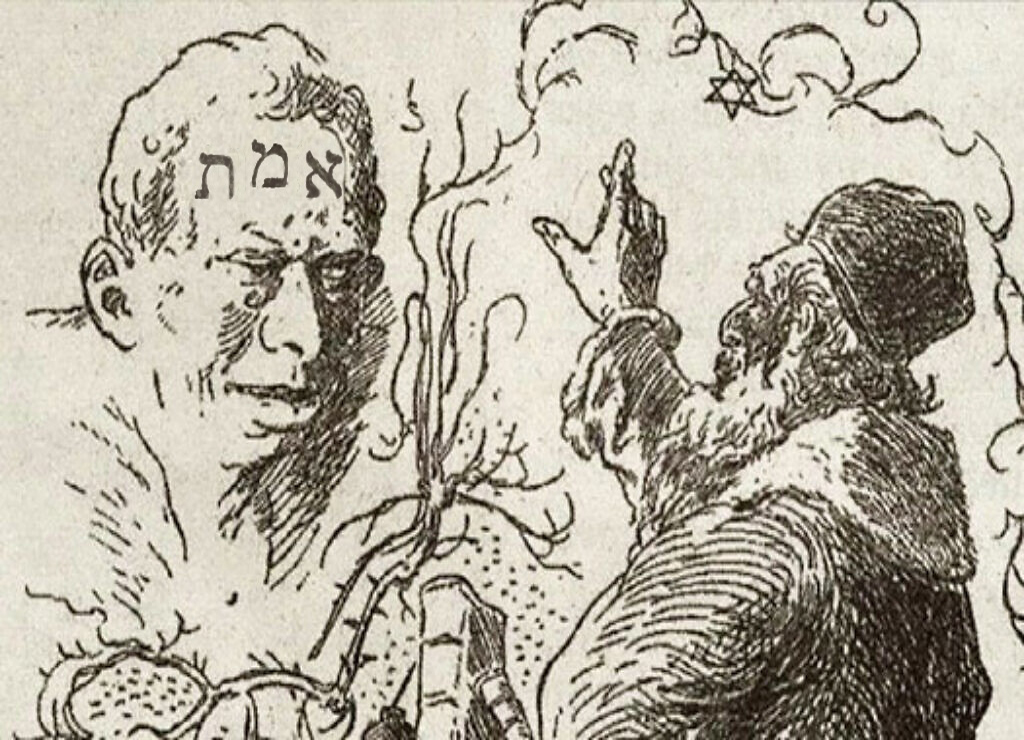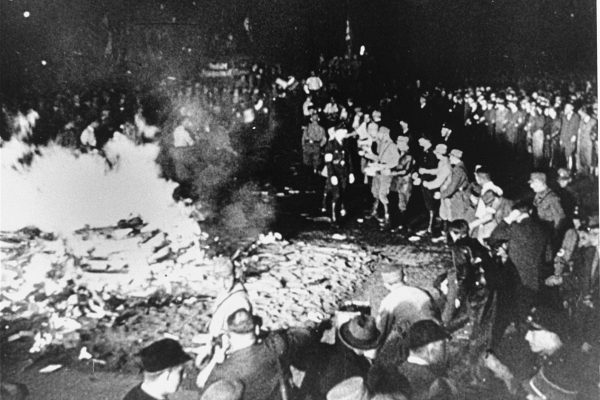Brazilian actress Fernanda Torres won the Golden Globe 2025 for playing Eunice Paiva in the film “I’m Still Here.” Eunice was the wife of the politician Rubens Paiva, kidnapped and killed in 1971 by the Brazilian dictatorship. She found herself a widow and alone raising five children, reinventing herself as a human rights lawyer. Her son, Marcelo Rubens Paiva, wrote the book on which the film was based.
There is a welcome trend in Brazil to research and write about women in different fields and historical moments. My intention in this article is to join this effort, bringing the story of a journalist by the name of Helena Salem. In her short life, from 1948 to 1991, Helena left an important mark on Brazilian journalism as an international correspondent and the first Brazilian woman to cover a war in 1973, writing from the Egyptian side of the Yom Kippur War. Shortly after, having fled to exile in Portugal during the Brazilian dictatorship, she witnessed the aftermath of the 1974 Portuguese coup d’etát known as the Carnation Revolution.
Helena Salem was born in Rio de Janeiro in 1948. Her parents, Maurício and Judith, were Sephardic Jewish immigrants from Izmir, Turkey (1). Her father established a successful optics business, and the family lived in a house in the affluent neighborhood of Leblon. Helena studied at the traditional Bennett Methodist school. The Salem held their Jewish origins dear and encouraged their children to attend Jewish institutions such as the Brazilian Israelite Center (CIB). At the same time, they chose to make them Brazilian, give them Brazilian names and educate them in a non-Jewish school. At the time, the Bennett school welcomed students from different backgrounds, such as spiritualists and atheists, and many other Jewish girls like Helena.
One of Helena´s childhood friends, Grace Dantas (2), says that, in the early years, the school was quite open and they had teachers with progressive ideas who influenced the students. After the civil-military coup of 1964, the school moved towards right-wing positions and dismissed teachers who were seen as leftists. Helena convinced her parents to move her to another school and lost contact with Grace. In the third year of high school, they returned to study together in a pre-university course. They were both accepted into the Social Sciences course at the Philosophy Department at the Federal University of Rio de Janeiro.
In her memoir, Helena states several times that her mother, a housewife, always told her: “My daughter, don’t go close to the kitchen, because if you go in, you will never come out.” Maternal teaching and a strong personality probably propelled her from an early age to work and seek independence. Womanhood seemed to have been questioned in the household since Helena’s early years:
Before rationally situating myself in life and researching paths and options, I was faced with the vicissitude of being born a woman. Yes, vicissitude. Because being a woman didn’t just mean playing with dolls. It meant not being able to do many, many things and to do too much of others. It wasn’t good to be a woman. It wasn’t good for my mother, my sister, or my teacher. And being a Jewish woman was even worse. When I grew up, I would have to find a Jewish boyfriend and marry a Jew. The predetermination of life made life completely dull. Very young, I understood that to try to start, I would have to free myself from that predestination (Salem, 1991: p. 91)
While pursuing their undergraduate studies, Helena and Grace Dantas worked as typists for the popular Aurélio Portuguese Language Dictionary. Helena left her parents’ house and shared an apartment with a friend.
Despite her training in Social Sciences, completed in 1970, her career has always been in journalism: international affairs, environmental issues, culture, and cinema. Helena always wrote well mastering not only Portuguese but also English and French. It was this perhaps that led her to work in the international section of the prestigious daily Jornal do Brasil (3). Initially, she was a reporter and sometimes her articles were signed as “writer in charge of Middle East news in the international editorial department”.
Helena moved to Italy in the turbulent period between 1972 and 1973 specializing in international politics. After finishing her course, she went to Egypt on vacation. She did not imagine, however, that she would be caught days later in the crossfire between Israelis and Egyptians in the Yom Kippur War of 1973. By chance, Helena Salem ended up becoming the first Brazilian female war correspondent and, according to her memories, was also the only woman from around the world who covered the Egyptian side of the war. In the early days, her articles appeared in Jornal do Brasil as “JB’s special envoy in Cairo” and wrote on topics such as Jordan’s position in the conflict, the use of oil as a weapon, and the diplomatic battles. She spent a total of four months in the Middle East which was the land of her ancestors, writing “in the lines and between the lines of that conflict”. From Cairo, she traveled to Beirut, Amman, Algiers, Tunis, and Damascus. Later in life, she mused on those days:
If it weren’t by chance, I was lucidly aware that no newspaper, Jornal do Brasil or any other, would send someone like me – a young, inexperienced, woman – to a war like that. No matter how much I knew of the history and politics of the region, how many languages I spoke, how much I could breathe. Being a correspondent or special envoy for a newspaper always unleashes power games, and reward for victory may, or may not coincide with competence. To a greater or lesser extent, everywhere is this way. Especially in the case of such an important war, in which experience naturally weighed heavily: all the newspapers and television stations in the world sent their most experienced reporters. I was not only the only woman, I was also the youngest. (Salem, 1991: p. 46)
Upon returning to Brazil in 1974 after her time in the Middle East, Helena worked as an international editor at the left-wing weekly Opinião, in Rio de Janeiro, a publication that circulated between 1972 and 1977. She was in great demand at that time, with many people wanting to meet her because “she was coming home from a war and aroused curiosity”. One of the people who wanted to meet her was Nelson Levy and he did so at the home of his ex-wife, a historian who had been Helena’s professor at the Pontifical Catholic University of Rio de Janeiro (PUC-Rio) and with whom he already had a daughter. Helena and Nelson then realized that they already knew each other, as their parents were friends from Izmir.
Nelson had studied history, law, and philosophy, and became a professor of Philosophy at PUC-Rio. He had been politically active since 1962 when he joined the Brazilian Communist Party. He spent a period at the Brazilian Revolutionary Communist Party and then became part of the Central Committee of the Communist Party of Brazil, leader of the guerrilla, according to his own words in an interview with researchers Paula Ribeiro and Suzanne Worcman. Nelson lived a semi-clandestine life, “as part of an isolated and solitary left, in a frightened country, which would soon watch in stupor the death of the journalist Vladimir Herzog” (Salem: 1991: p. 113). Helena and Nelson moved together, at the risk of their lives because Nelson was wanted by the police. According to Helena, they were
totally clandestine for almost two years, asylum in the Venezuelan embassy in Brasília, and exile in Portugal. This was my third war. Personally, much worse than that in the Middle East, the limit of the limit of marginality – also because, although it was the end of the dictatorship, no one knew it was the end yet, but everyone had already suffered enough to be scared to death of helping us. (Salem, 1991: p. 74)
Helena and Nelson never legally married and spent almost two years living clandestinely in São Paulo. According to Nelson, a guerilla leader could not ask for political asylum. However, after three leaders of the Communist Party were murdered in São Paulo (an episode known as the “fall of Lapa”), and several others were taken to prison and tortured. Nelson then decided to ask for political asylum. Their journey was remembered by Helena (4).
The police invaded my brothers’ house, attended the funeral of Dina, Nelson’s mother, who died within a few months, molested his old father, followed his little daughter, and gave no peace (…) Until the Venezuelan embassy reached us and granted political asylum in Brasília. From there, Caracas sent us to Costa Rica, and we continued to Lisbon, on our own. In Lisbon, the fresh start, work (as a correspondent, again), freedom, life, the death of my mother, and the birth of Tatiana. (Salem, 1991: p.113-114)
The left-wing coup d’état of April 25, 1974, around seven months after the US-controlled right-wing coup in Chile killed President Salvador Allende, opened a new option for Brazilian dissidents. Common language, shared history, the vast Portuguese community in Brazil (some of whom went into exile there during Salazar’s dictatorship), made Portugal a welcoming country and a place of transit for Brazilians between Europe and Africa (Pezzonia, 2017: p. 26). In the case of Salem and Levy, it was also the land of distant ancestors who fled the Iberian Peninsula to take shelter in Ottoman lands.
The Portuguese coup led to a resurgence in Brazil of the dictatorship’s hard line during the government of Ernesto Geisel (1974-1979). The military asked themselves “What if Portugal exported the revolution to Brazil?” The repressive apparatus began then to monitor all Portuguese in Brazil and Brazilians in Portugal, according to historian Gisele Lobato in the episode “Avenida da Liberdade,” on the Radio Novelo podcast (5).
Several Brazilian journalists were already working in Lisbon at the time. Among them were Alfredo Sirkis (who published under the pseudonym Marcelo Dias); and Zillah Murgel Branco, a sociologist exile from Chile, who wrote on the agrarian reform in Portugal (Lohn, 2021). Her texts, as well as her actions, were closely monitored by the Foreign Information Center of the Brazilian Ministry of Foreign Affairs (Pezzonia, 2017). Several exiles were also Jewish like Sirkis: Carlos Minc, Bete Chachamovitz, and David Lerer.
More research is needed to understand why Helena Salem and Nelson Levy went to Portugal. They were probably part of a larger wave of Brazilians who found shelter after the coup. In addition, one of Nelson’s uncles, Sam Levy, had Portuguese citizenship. He claimed to be descended from the Sephardic Jews expelled at the end of the 15th century, gained citizenship, and resided in that country since the beginning of the 20th century. For all his life, Nelson’s father, Jacques Levy, owned hardware stores downtown Rio de Janeiro in a market area known as SAARA (Society of Friends and Adjacencies of Alfândega Street). Their circle of colleagues and acquaintances was not Arab or Jewish, but Portuguese (6). The owners of the other hardware stores and the many taverns around the area were all of Portuguese origins (7).
In the Portuguese capital, Helena Salem was a correspondent for Isto É magazine and the newspaper Movimento. Her parents visited her in September 1977. Her mother, already very ill, spent three weeks of farewell and died in the Portuguese capital on October 8th. She summarizes this time of death and life as follows:
Mom passed away in October ’77. On June ’78, on a sunny spring afternoon, in radiant light, Rossio Square in the center of Lisbon was full of people, I nervously went into Estácio Pharmacy to get the results of the pregnancy test. “Positive,” it indicated. “You are pregnant,” the little piece of paper stated in clear letters. I jumped and laughed alone; it didn’t fit me. Rossio Square never looked so beautiful. A life answer. I sat at a Swiss pastry shop outdoors, amidst the hustle and bustle of the square, of tourists, people strolling or rushing for whatever reason, and ordered two egg sweets: for Tatiana and me. (Salem, 1991: p.113-114)
In 1979 Tatiana Salem Levy was born in Lisbon and, in the same year, Helena, Nelson, and their daughter returned to Brazil following the amnesty. Nelson wrote the book The Crisis of Imperialism and the Revolution in exile, which was published in Brazil in 1980. In Brazil, Helena began to collaborate with the newspapers O Globo, Folha de São Paulo, O Estado de São Paulo, expanding her interests in culture, cinema, and ecology. She worked as well as a correspondent for the Portuguese newspapers O Expresso and O Jornal (8). To her daughter Tatiana, who became a well-known writer in Brazil, Helena said that her exile in Portugal was painless, like her birth. They ate well, spoke the native language, met people, worked, and even had a good time (Levy, 2013).
Helena had another daughter with Nelson, Dina, and later divorced. “Helena was always very strong,” her childhood friend Grace Dantas told me, and perhaps that’s also why she managed to resist lymphatic cancer for almost a decade. She passed away in 1999 at 51. My research on Helena Salem stems from many of my interests: the history of Brazil, her Sephardic background, and Ottoman and Middle Eastern history. Above all, I try to follow the path of a woman who dared to break family barriers and pursue a men-dominated career and a non-traditional relationship. But also a woman who, in a strange circular way, while leaving the fold and the tradition, found love and companionship with a family friend from Izmir and started her career as a reporter in the heart of her ancestral land.
Endnotes
(1) Salem derives from the Hebrew expression Shalom, peace. There are not so many Salems among the Sephardic Jews, but it is a common surname among Arabs. The surname therefore lends itself to misunderstandings of origin (Fausto, 1997: p. 27)
(2) Oral History interview conceded by Grace Dantas to Monique Sochaczewski via Zoom on 14/6/2024 (3) Oral History interview conceded by Grace Dantas to Monique Sochaczewski via Zoom on 14/6/2024 (4) Nelson Levy. Interview conducted by Paula Ribeiro for the “Memory of the Saara Project”, developed by the Interdisciplinary Coordination of Contemporary Studies - CIEC / ECO / UFRJ, 1995. (5) https://radionovelo.com.br/originais/apresenta/avenida-da-liberdade/ Accessed on 5/10/24 (6) On this topic see: Neiva Vieira da Cunha and Pedro Paulo Thiago de Mello. Rio de Janeiro´s Global Bazaar: Syrian, Lebanese and Chinese Merchants in Saara. In: Paul Amar (ed). The Middle East and Brazil. Bloomington & Indiana: Indiana University Press, 2014, p. 228-240 (7) Nelson Levy. Interview conducted by Paula Ribeiro for the “Memory of the Saara Project”, developed by the Interdisciplinary Coordination of Contemporary Studies - CIEC / ECO / UFRJ, 1995. (8) https://carmattos.com/2013/08/27/helena-salem-entre-o-cinema-e-a-politica/
References
Boris Fausto. Negócios e Ócios: Histórias da Imigração. São Paulo: Companhia das Letras, 1997. Helena Salem. Entre árabes e judeus. São Paulo: Brasiliense, 1991 Neiva Vieira da Cunha and Pedro Paulo Thiago de Mello. Rio de Janeiro´s Global Bazaar: Syrian, Lebanese and Chinese Merchants in Saara. In: Paul Amar (ed). The Middle East and Brazil. Bloomington & Idiana: Indiana University Press, 2014, p. 228-240. Reinaldo Lindolfo Lohn. Um repertório político internacional: A imprensa portuguesa como frente de luta pela redemocratização do Brasil. In: Revista Territórios e Fronteiras. Cuiabá, vol. 14, n1, jan/jun 2021 Rodrigo Pezzonia. Exílio em português: políticas e vivências dos brasileiros em Portugal (1974-1982). São Paulo: USP, 2017. Tese de Doutorado em História Social Tatiana Salem Levy. A chave de casa. Rio de Janeiro: Edições BestBolso, 2013.


